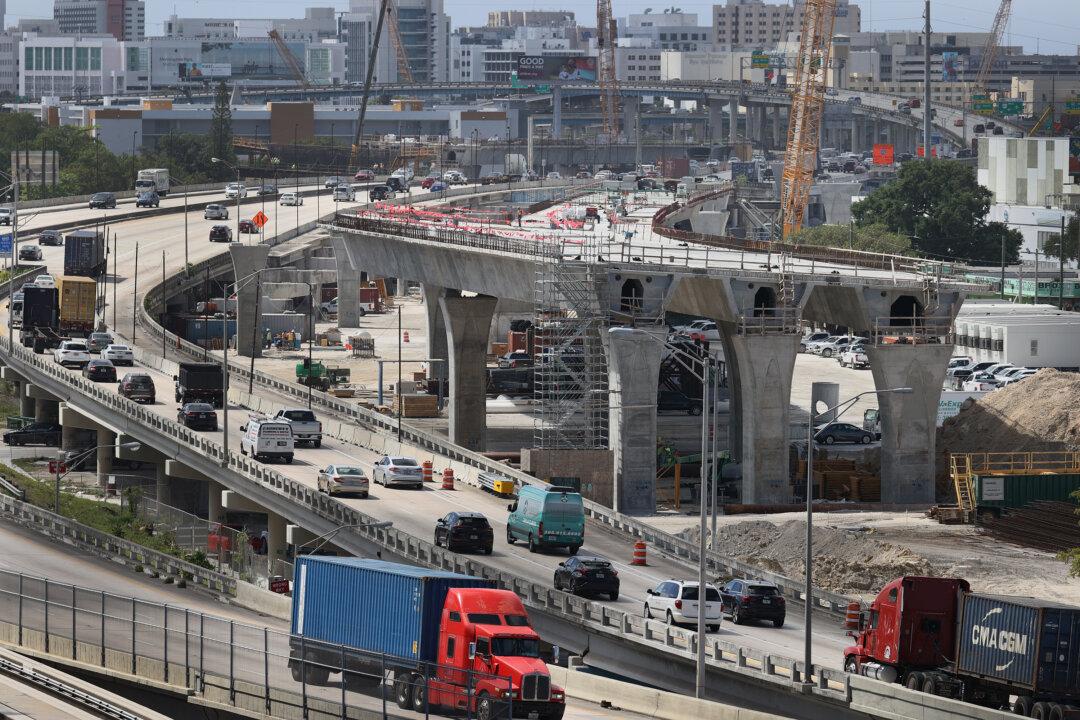The much-discussed infrastructure plan slated to cost more than $3 trillion that President Joe Biden aims to pass this summer fails to deliver on traditional funding and amounts to a massive federal power grab, according to experts.
While the details are still being hashed out, including whether the plan will cost closer to $3 trillion or $4 trillion, what’s been revealed so far represents an ambitious plan covering a broad scope outside traditional infrastructure projects, such as combating climate change, “Green New Deal” programs, and income equality.





